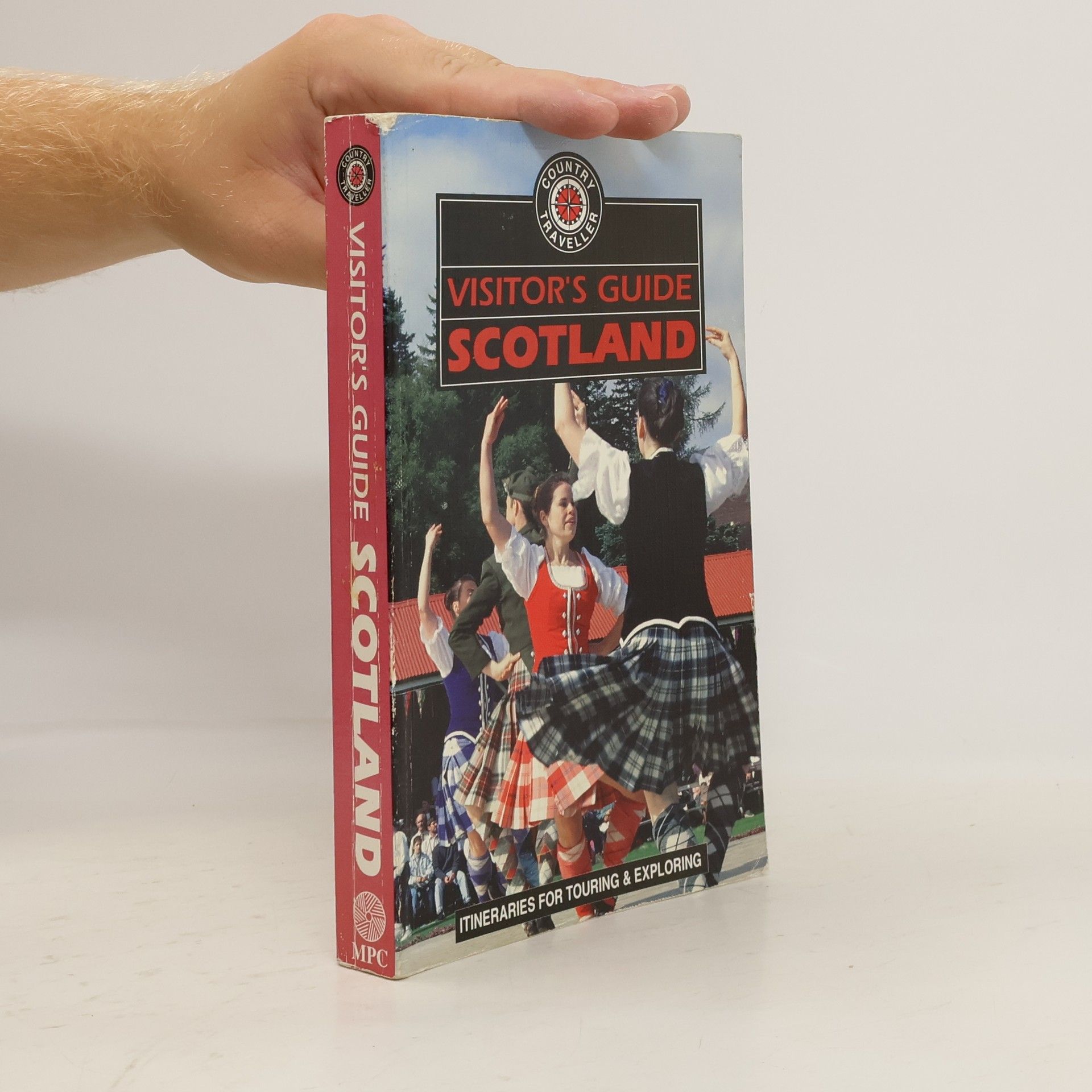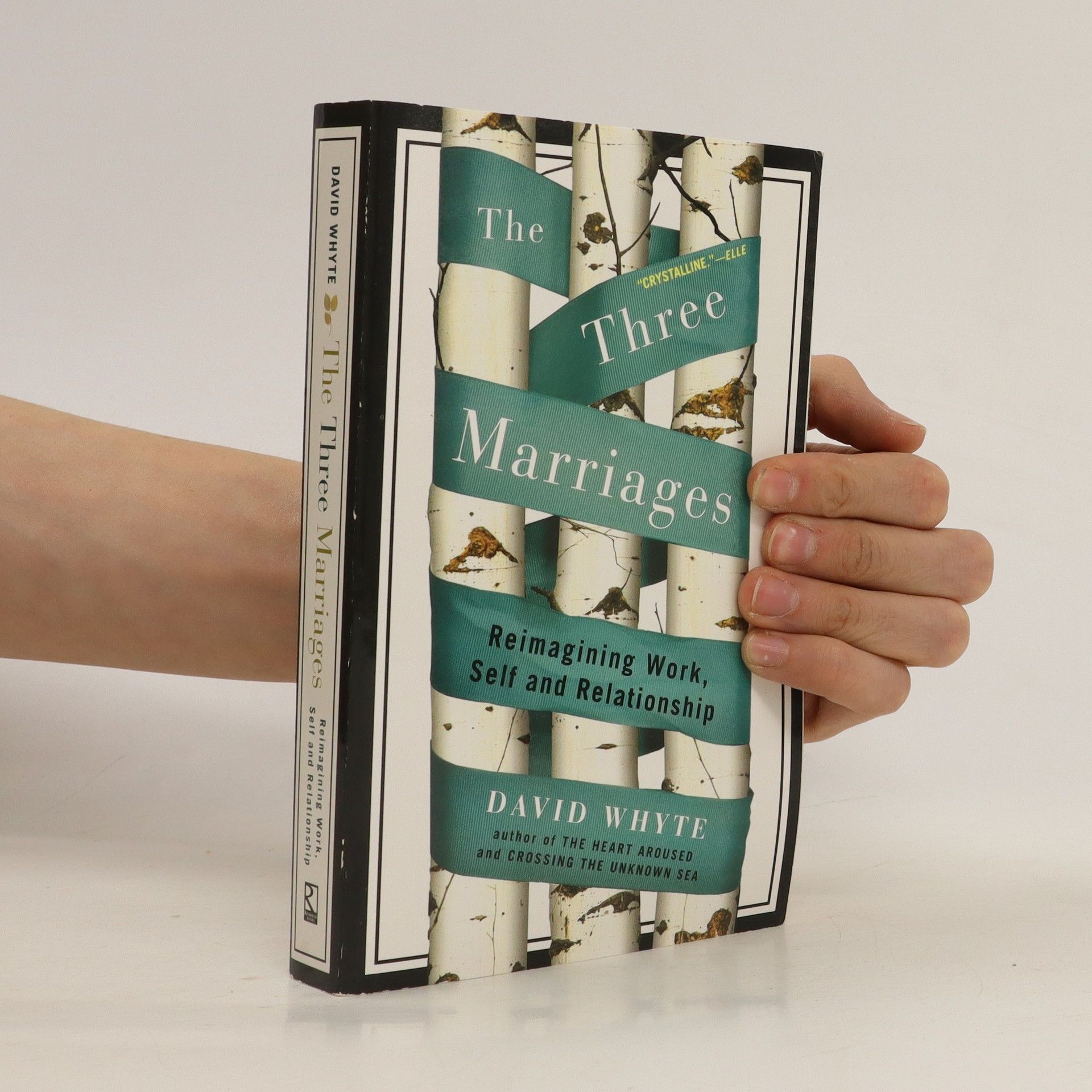Zuwendungen
Das geheime Leben alltäglicher Wörter
Viele der Wörter, denen sich David Whyte in diesen kurzen Essays zuwendet, scheinen vertraut zu sein. Von »Freude«, »Ehrlichkeit« und »Berührung« meinen wir zu wissen, was sie bedeuten. In den Betrachtungen des britisch-amerikanischen Dichters gewinnen diese Begriffe eine neue, unerwartete Strahlkraft, sie beginnen zu funkeln. »Zuwendungen« fängt an mit dem Wort »Allein« und endet mit »Zorn«. Beide Begriffe meinen wir zu kennen – und halten sie für wenig vielversprechend. Aber: »Allein sein zu wollen, bedeutet, eine gewisse Gastfreundschaft durch das Gespräch zurückzuweisen und sich einer anderen Tür und einer anderen Art von Begrüßung zuzuwenden, die nicht unbedingt von menschlichem Vokabular definiert ist.« Und: »In seinem reinem Zustand ist Zorn das Maß dafür, wie weit wir in die Welt verstrickt sind und durch die Liebe in all ihren Einzelheiten verletzlich werden.«







